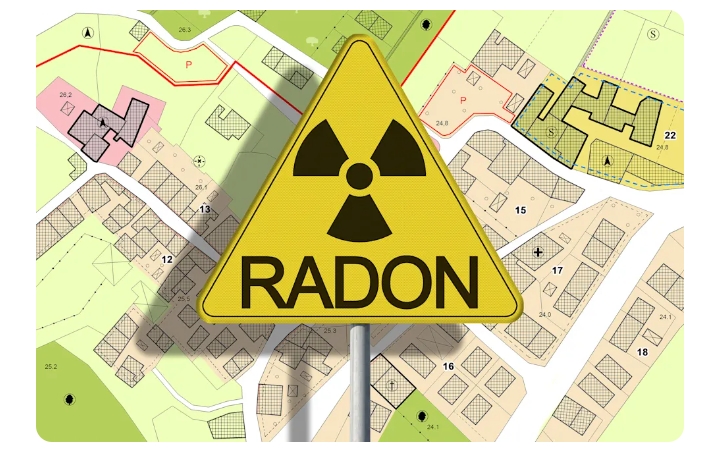A professor of Radiation and Health Physics at the Ekiti State University (EKSU) Ado-Ekiti, Babatope Faweya has called on the government at all levels to initiate policies that would address the negative effect and health risks of radon in the country.
Professor Faweya explained that there is a need for adequate information and implementation of a national radon programme aimed at reducing both the overall population risk and the individual risk for people living with high radon concentrations.
The don, who is the dean Faculty of Sciences in the institution, spoke while delivering the 87th Inaugural Lecture of EKSU titled: ‘ Living With Radiation: Can Man Tame The Ubiquitous Aetiological Agent And The Silent Killer?
According to him, ”We are continuously exposed to natural and artificial radiation. In addition to these, some of the radionuclides, such as polonium and radium are present in our bones, our muscle contains radiocarbon and radio potassium,radon thoron,and their progeny in our lungs, and they emit ionizing radiation.
“The radiation coming from the sun is due to the nuclear fusion, it is very essential for the existence of life on earth. Therefore, we live in a naturally radioactive world.
“All organisms including human beings on the earth are getting benefits from radiation in a direct way without realizing it. Therefore, without radiation,life does not exist.”
He also suggested to governments the need to adopt as part of the policies aimed at taming radon by implementing radon prevention in building codes to reduce radon levels in buildings under construction.
“The radon programme is to ensure that the levels are below national reference levels: promoting education for building professionals and providing financial support to remove radon from existing buildings.
“These include, increasing under-floor ventilation; installing a random sump system in the basement or under a solid floor; avoiding the passage of random from the basement into living spaces; sealing floors and walls; and improving the ventilation of the building, especially in the context of energy conservation,” he said.
Professor Faweya added that straightforward and effective techniques exist to reduce the concentration of radon in drinking water supplies by aeration or using granular activated carbon filters and that we should allow our water to settle for some hours after pumping before usage.
He urged people to shun the life of food purchase in the supermarket and should be examined thoroughly before consumption.
He further advised that “sites should be tested for radon soil gas before erecting buildings and our water should be tested for radon before consumption.”
In his remark, the EKSU Vice-Chancellor, Professor Babatola Ayodele while commending the inaugural lecturer for his detailed and well delivered lecture, urged other professors to be ready to present outcomes of their research in the interest of the society.
